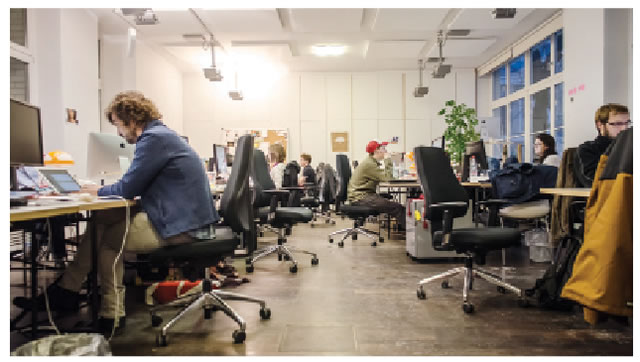Start-ups in Nigeria and other African countries raised $5.4bn, according to a new report by Briter Bridges.
The report, which analyses disclosed and undisclosed deals, revealed that funding into the African start-up space has been on the ascendency in the last 10 years.
It explained that the 2021 funding spike into the ecosystem continued well into 2022 and began to slow towards mid-2022.
Nigeria, Kenya, South Africa, and Egypt continue to dominate fundraises on the continent.
The firm said, “Investment distribution across Africa is far from even. Historically, the lion’s share of funding has been captured by Nigeria, Kenya, South Africa, and Egypt.
“In 2022, three out of four deals went to companies active in one of these four countries, with the rest of the 50 countries sharing the remaining slice.”
It noted that over the past few years, Ghana, Uganda, Tanzania, Cote d’Ivoire and Tunisia have begun to make forward strides. Fintechs continue their dominance of the funding market on the continent and have averaged between 40 per cent and 60 per cent of deals over the last five years.”
It further stated that payments and solar energy remained the products attracting the largest amount of funding value, followed by supply chain management and B2B commerce.
“The last few years also witnessed an increase in the adoption of lending products, especially in relation to the surge in buy now, pay later solutions, as well as crypto exchanges and crypto wallets and transfer applications,” it added.
While African start-ups have been on the ascendency on the funding front, they attracted only 0.7 per cent – 1 per cent of global venture investment in 2021, and a little over 1 per cent in 2022.
It said, “Companies in the big four countries (Nigeria, Kenya, Egypt, South Africa) captured about 75 per cent of all investment value and the number of deals. Ghana, Morocco, Uganda, Senegal, and Rwanda follow.”
Commenting on what might happen to funding if the global market slows down, the firm said, “All ecosystems have their winners and outliers and, in principle, there is no issue with the presence of non-African investors.
“However, the over-reliance on a few overseas funders can alter the perception of capital availability within the continent and, when or if these overseas investors decide to pause or slow down their investment activity in times of crisis — such as during COVID-19 or the bubble burst of mid-2022 — late stage companies that had grown during a period of capital abundance, may struggle to find available money pools.”
Recently, Africa The Big Deal announced that total funding into the African tech ecosystem was $4.85bn.
According to the firm, the funding could exceed $5bn after investors announce undisclosed deals.
The data insight firm that tracks deals above $100,000 disclosed that there were 1,000+ deals of $100,000 or more announced in 2022.
Nigeria raised $1.2bn.
It said, “The Nigerian giant itself ($1.2bn) weighs as much as a full region.”
Start-ups in Africa raised record amounts in 2022, but it could have been more.
The data insight firm concluded, “So, yes, 2022 was definitely a good year, yet with talks of slowdown and uncertainty dominating the second half of the year, the mood isn’t always that celebratory.
“Not to mention that if the H2 trend were to continue, 2023 could be the first year of decline in absolute numbers for the ecosystem. But with a lot of capital ready to be deployed, let’s hope that when the clouds eventually part, the ecosystem will take advantage of this to show us once again it’s got more than one trick up its sleeve.”
Source: The Punch








